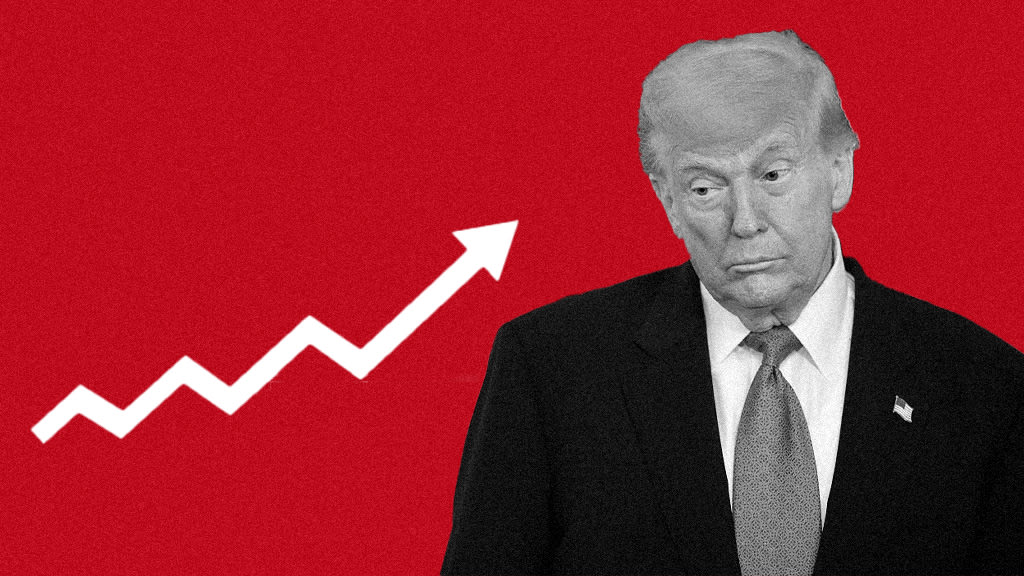Stocks decline on concerns about coronavirus in China
Global stock and oil prices tumbled Tuesday amid growing concerns about the impact of a Chinese disease outbreak, which has now claimed the lives of six people.
The mayor of Wuhan, where the new coronavirus outbreak is centered, told China's state broadcaster CCTV that there had been a total of 258 confirmed cases of the illness in his city, including 227 people who were still receiving treatment.
On Wall Street, futures for the benchmark Standard & Poor's 500 index and Dow Jones Industrial Average were off 0.4% as markets prepared to reopen after a three-day holiday weekend.
London and Frankfurt declined and Shanghai, Tokyo and Hong Kong closed sharply lower as the death toll rose in China from the coronavirus. Authorities said some infections were transmitted person-to-person, increasing the risk the disease might spread faster during the Lunar New Year holiday, the Chinese-speaking world's busiest travel season.
"Risk appetite is on its back foot amid rising concerns of broader contagion risks from a viral outbreak in China," TD Securities analysts told investors in a research note.
Other Asian governments stepped up screening of travelers from China, highlighting the potential impact on tourism. That prompted a selloff in of airlines, hotel operators and other travel businesses. Air China Ltd. lost 3.2% and Hong Kong's Cathay Pacific Airways dropped 4.1%. Japan's ANA Holdings Inc. fell 2.2%.
"Major potential economic risk"
The outbreak "is developing into a major potential economic risk to the Asia-Pacific region," said Rajiv Biswas of IHS Markit in a report.
Biswas pointed to the example of the 2003 outbreak of severe acute respiratory syndrome, whose economic impact was felt as far away as Canada and Australia.
In Asia, the Shanghai Composite Index fell 1% to 3,063.56 and Tokyo's Nikkei 225 retreated 0.9% to 23,866.15.
Separately, ratings agency Moody's Investors Service cut Hong Kong's credit rating for official borrowing due to political tension. Hong Kong's Hang Seng index sank 2.8% to 27,985.33 after Moody's cut its government credit rating by one notch to Aa3 from Aa2.
Moody's cited the lack of "tangible plans" to respond to issues highlighted by six-month-old anti-government protests and said that may reflect "weaker inherent institutional capacity" than previously thought. The protests began in June over a proposed extradition law and have expanded to include demands for greater democracy in the Chinese territory.



